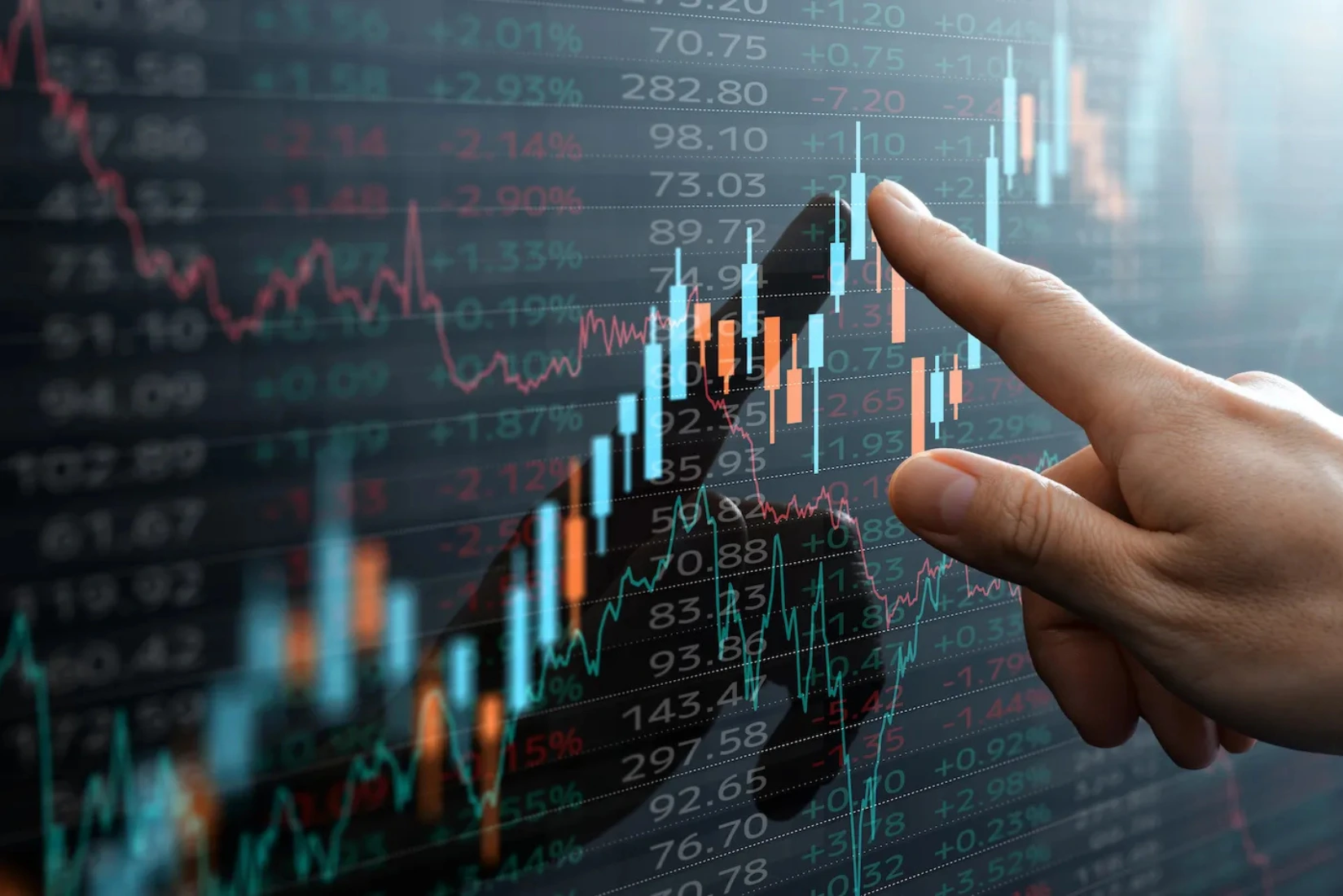Deciding between forex vs crypto trading can feel like choosing between two different financial worlds—one rooted in traditional economics, the other in digital innovation. Both markets offer unique opportunities, but they operate under entirely different rules, risks, and rewards. Whether you’re drawn to the stability of currency trading or the high-stakes volatility of cryptocurrencies, understanding their key differences is crucial before placing your first trade. In this guide, we break down seven critical factors—from liquidity and regulation to volatility and accessibility—to help you determine which market aligns best with your trading style and goals.


7 Key Differences Traders Should Know in Forex vs Crypto
1. Forex vs Crypto : Market Fundamentals
Forex: Trades fiat currencies (e.g., EUR/USD, GBP/JPY) in a highly liquid, institutional-dominated market.
Crypto: Involves digital assets (e.g., BTC, ETH) on decentralized or exchange-based platforms with high retail participation.
2. Forex vs Crypto : Volatility Levels
Forex: Moderate volatility (typically 0.5%-1.5% daily moves), driven by economic data and central bank policies.
Crypto: Extreme volatility (often 5%-20% daily swings), influenced by news, speculation, and whale activity.
3. Forex vs Crypto : Trading Hours
Forex: 24/5 market—closed weekends, with peak liquidity during London & New York overlap.
Crypto: 24/7 trading—no breaks, meaning prices can shift dramatically at any hour.

4. Liquidity & Slippage
Forex: $6+ trillion daily volume ensures tight spreads and minimal slippage in major pairs.
Crypto: Varies widely—BTC and ETH have strong liquidity, but altcoins often suffer from slippage.
5. Regulation & Security
Forex: Strictly regulated (FCA, CFTC, ASIC), with insured broker protections.
Crypto: Lighter oversight; risks include exchange hacks, scams, and regulatory uncertainty.
6. Costs & Accessibility
Forex: Low spreads but may require larger capital for margin trading.
Crypto: Low entry barriers (can start with $10), but high network fees during congestion.
7. Risk & Reward Profile
Forex: Steadier, suited for technical and fundamental traders.
Crypto: Higher risk but potential for rapid gains (or losses).


Final Verdict: Which Should You Trade?
- Choose Forex if you prefer stability, regulation, and macroeconomic trading.
- Choose Crypto if you can handle volatility and want 24/7 market access.
- Hybrid Approach: Some traders use forex for steady gains and crypto for high-risk opportunities.
Pro Tip: Demo trade both markets before committing real capital. Each requires different strategies and risk management.
Relevant Link : Forex vs Crypto Markets: A Technical Analysis



